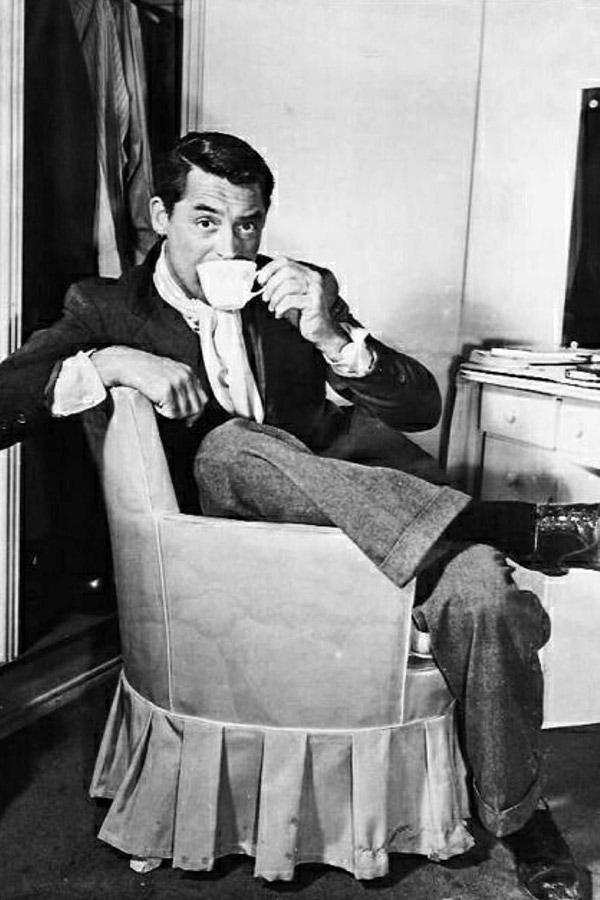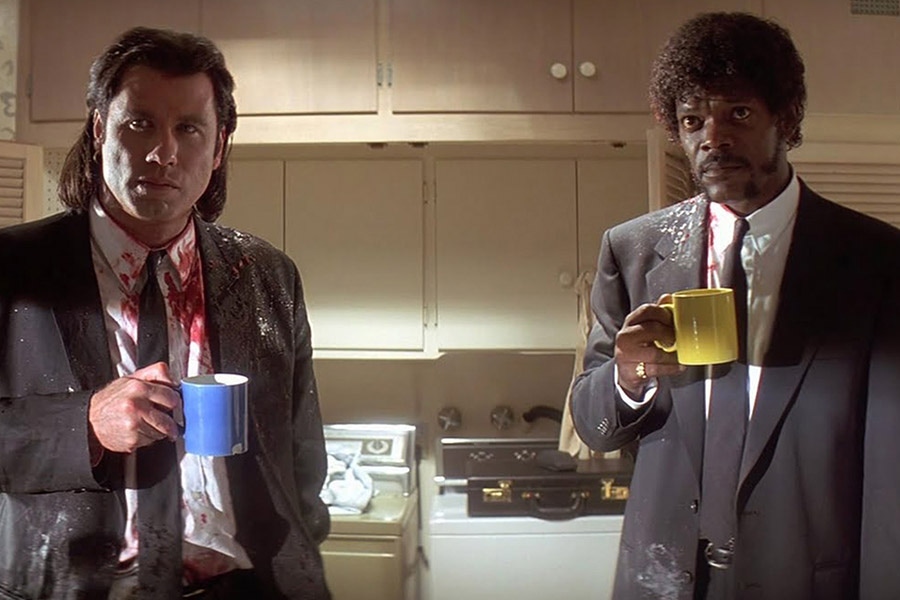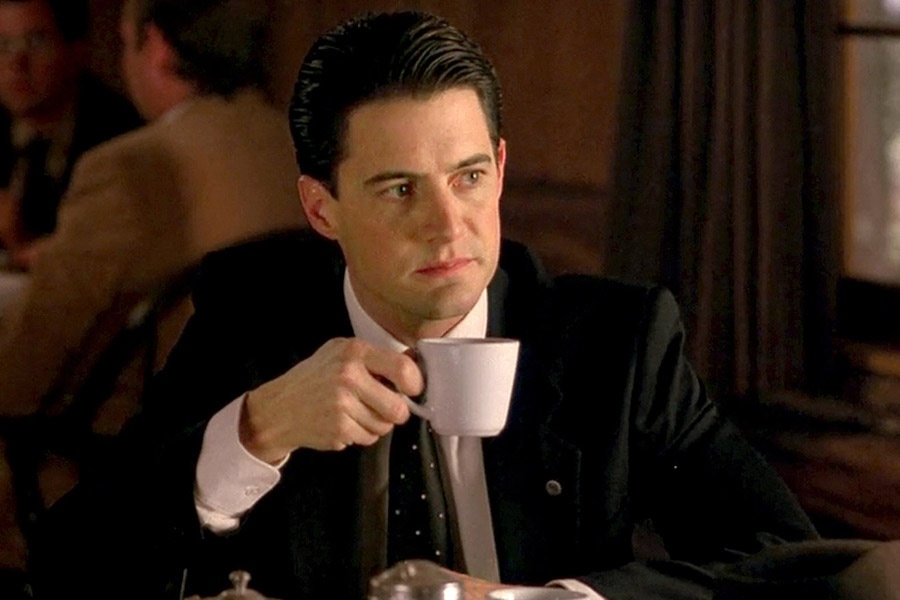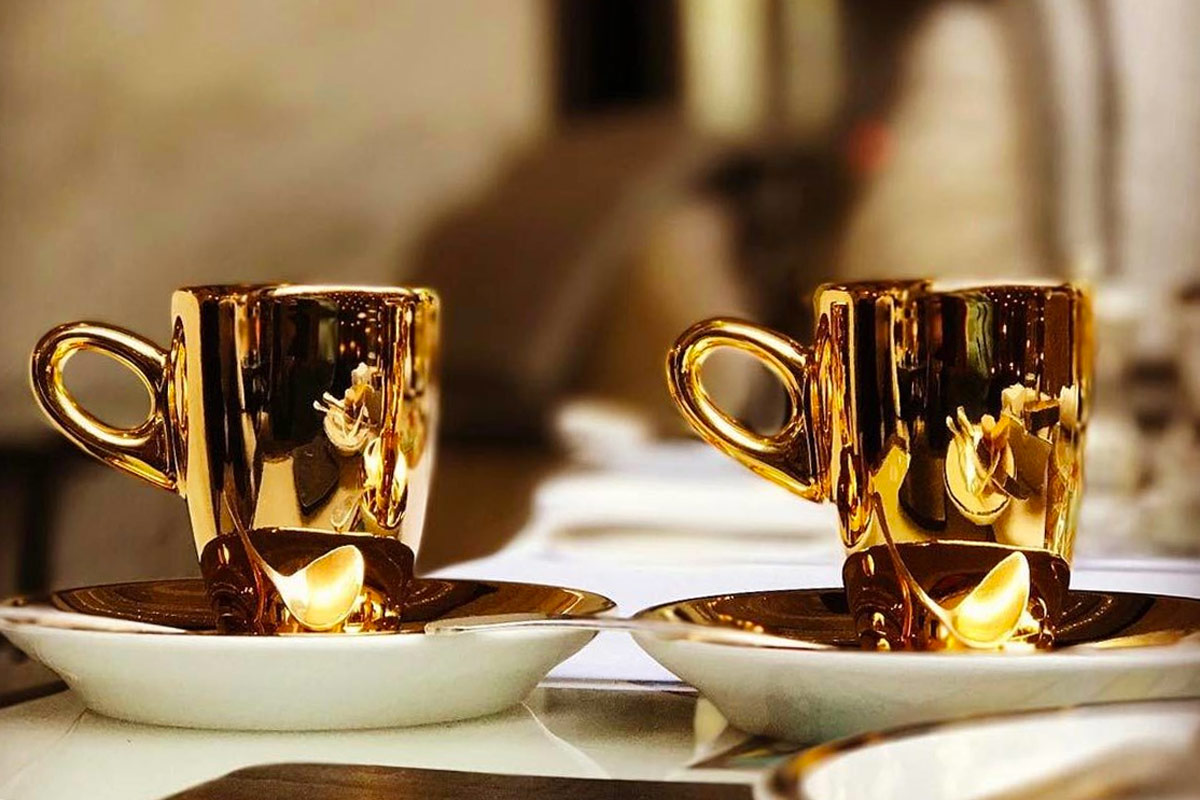A Bluffer's Guide to Coffee
Navigating the coffee world needn’t be complex. The Rake has enlisted the help of some experts to elucidate…

The world of coffee can feel daunting - populated by obsessive devotees who seem to combine near-religious fanaticism with a PhD-level understanding of molecular physics. But it needn’t be so. Amir Gehl of Difference Coffee and Rick Wells of Fernandez & Wells (inventor of the mighty ‘stumpy’) are two men who truly know their beans - so ignore anything else you may have heard, and let their expert advice percolate. Here’s what you need to know.
How to buy coffee beans:
“As with everything, you get what you pay for,” says Wells. “Buy them whole, grind them yourself if you can. This will keep your beans fresh and stop them going stale for longer.”
Gehl prays caution when buying coffee.“‘Premium’, ‘luxury’, etc. are all descriptions that one should be wary of, because there are only two grades of coffee: ‘Specialty’ and ‘Commercial’. If a coffee is specialty it means that it’s 100% Arabica of Specialty Grade. Specialty grade refers to a point score of 80 or over - given by professional graders - out of 100.” Gehl advises seeking out only specialty coffee - such as the hugely popular Monmouth Coffee, used in all Fernandez & Wells’ outlets.
How to store your beans:
Experts are divided as to the best way to store beans - many advocate storing in a cool, dark space like a cupboard. But Gehl is a purist; “The best way to store beans is to freeze them. It’s the only way to stop degassing and oxidisation completely. Failing that, put them in an air-tight container and in the fridge. But try to use it within a week of opening the bag, otherwise, you’ll lose a lot of flavours.”
How to grind your beans:
“Beans extract uniformly when the grind particles are the same size,” says Gehl. “Therefore, you need a good grinder which will do that. Spending £50 will result in too many dust-like particles, called fines, which will over-extract and make the coffee bitter. If you want to grind at home, buy a Comandante grinder for £200-300. It’s a one-time only investment and it will give you a good uniform grind.”
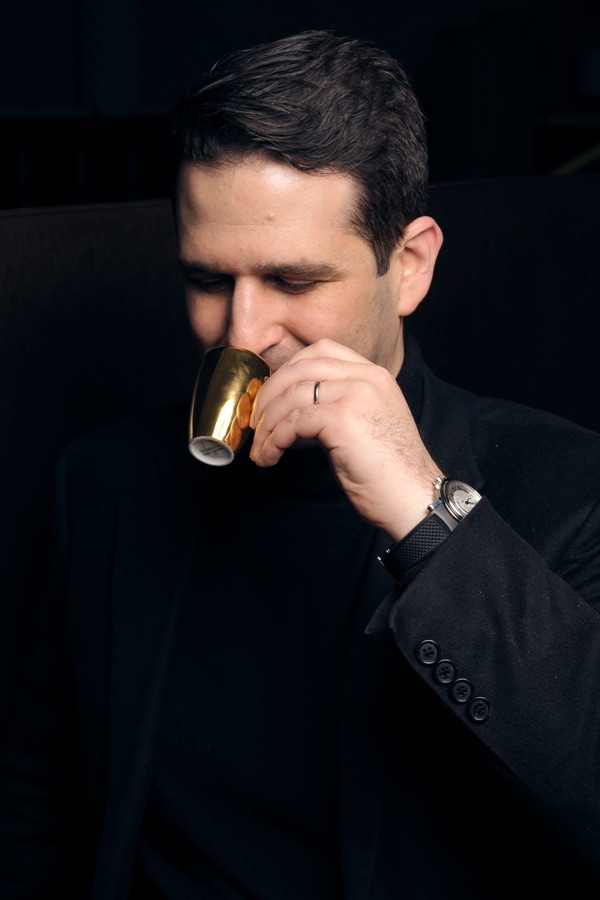
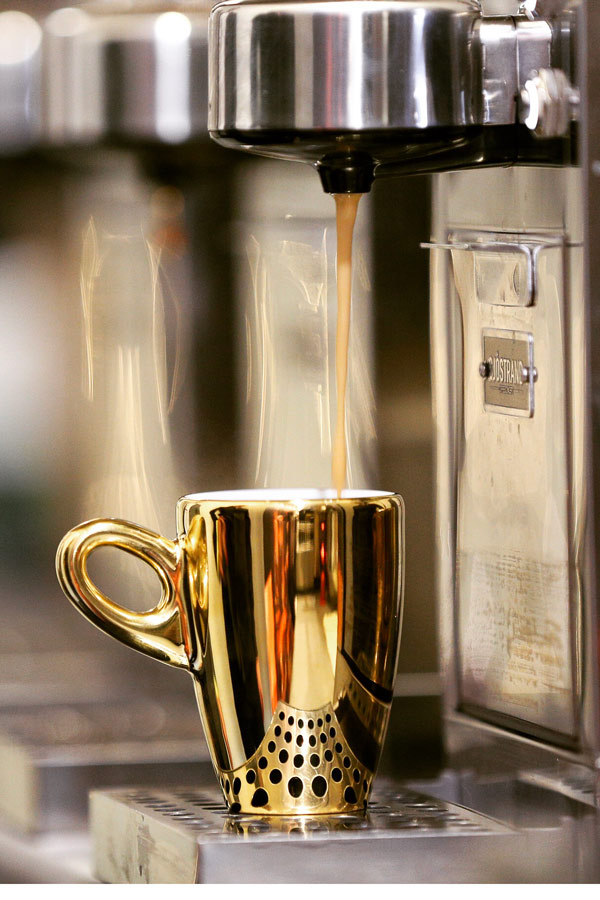
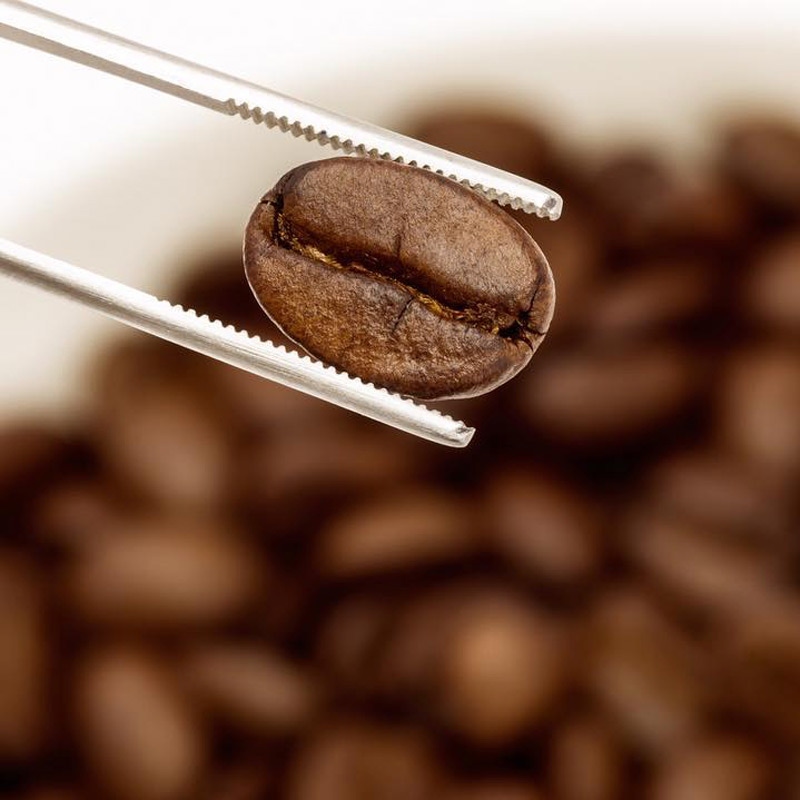
If you must buy pre-ground beans, specify:
“If you have to buy them ground, explain how you are looking to prepare your coffee (fresh press, V60, stovetop espresso etc) and they can grind the beans appropriately for you,” says Wells. “Every coffee process works best with a certain grind (e.g. you should use more coarse/larger coffee grinds in your French Press and finer/smaller grinds in a stovetop espresso)”
There are two ways to make coffee at home. The hard way…
“The best way to make coffee at home,” says Gehl, with a straight face, “is to buy an Ikawa roaster for £3600 and roast the coffee fresh, buy a good grinder like an EK43 Mahlkonig for £2500, a La Marzocco Linea Mini for £4000 and find a coffee importer who will sell you the green coffee. Also, you need to go and learn how to be a barista.”
Or the easy way:
Alternatively, Gehl advocates a Nespresso machine, loaded with his own Difference Coffee Capsules. A biased opinion, certainly - but Gehl’s coffee has won independent acclaim, from the notoriously discerning Q Graders (a global network of coffee experts who have been trained, via a serious of rigorous exams to be able to identify quality coffee at the highest level).
“Our collection includes some of the world’s rarest and highest graded competition winning beans, all roasted by a Q Grader who is also a head judge for world barista Championship, and the coffee will always be perfectly extracted in a click of a button without any mess,” says Gehl. “We’ve recently sent our Geisha coffee capsule to be reviewed by Coffee Review in the USA. It got a 94 point score - a similar score to the same coffee when brewed the traditional way, without any hassle.”
If you’d rather go low tech, Wells offers a solution; “My preference is a pour over filter. All you need is a filter holder, filter paper, ground coffee - and water that has cooled a degree or two from boiling.”
